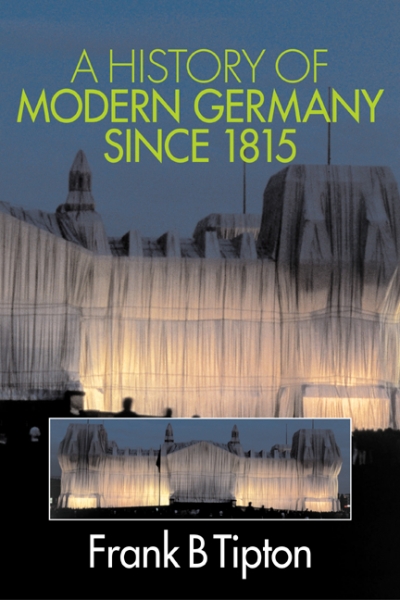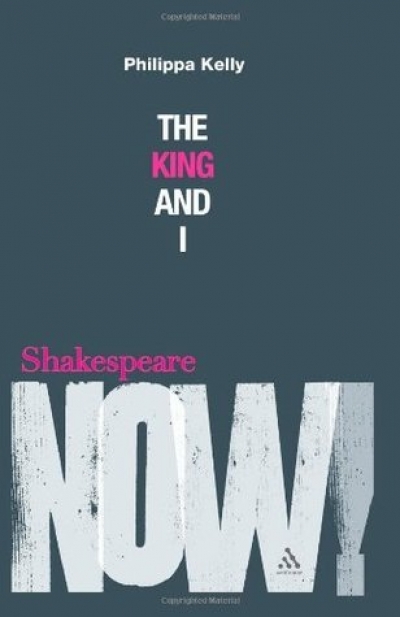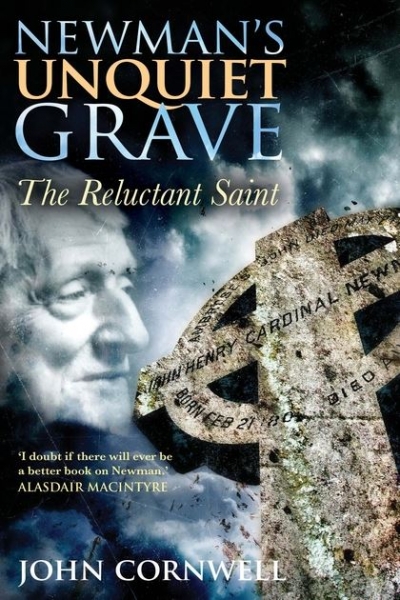Continuum
Conversations with Clint: Paul Nelson’s Lost Interviews with Clint Eastwood 1979–1983 edited by Kevin Avery
by Jake Wilson •
Timothy Roberts reviews 'The Real Global Warming Disaster: Is the Obsession with "Climate Change" Turning out To Be the Most Costly Scientific Blunder in History?' by Christopher Booker
by Timothy Roberts •
Christopher Booker is appalled that humanity has thrown its glimmering record of progress on the pagan bonfire of environmentalist superstition. He is shocked that the scientific community is helplessly in thrall to a cabal of corrupt hacks masquerading under theIntergovernmental Panel on Climate Change’s confected rubric. He is dumbfounded that ‘natural’ climatic fluctuations have been spun into some deranged ‘global warming’ conspiracy theory.
... (read more)





